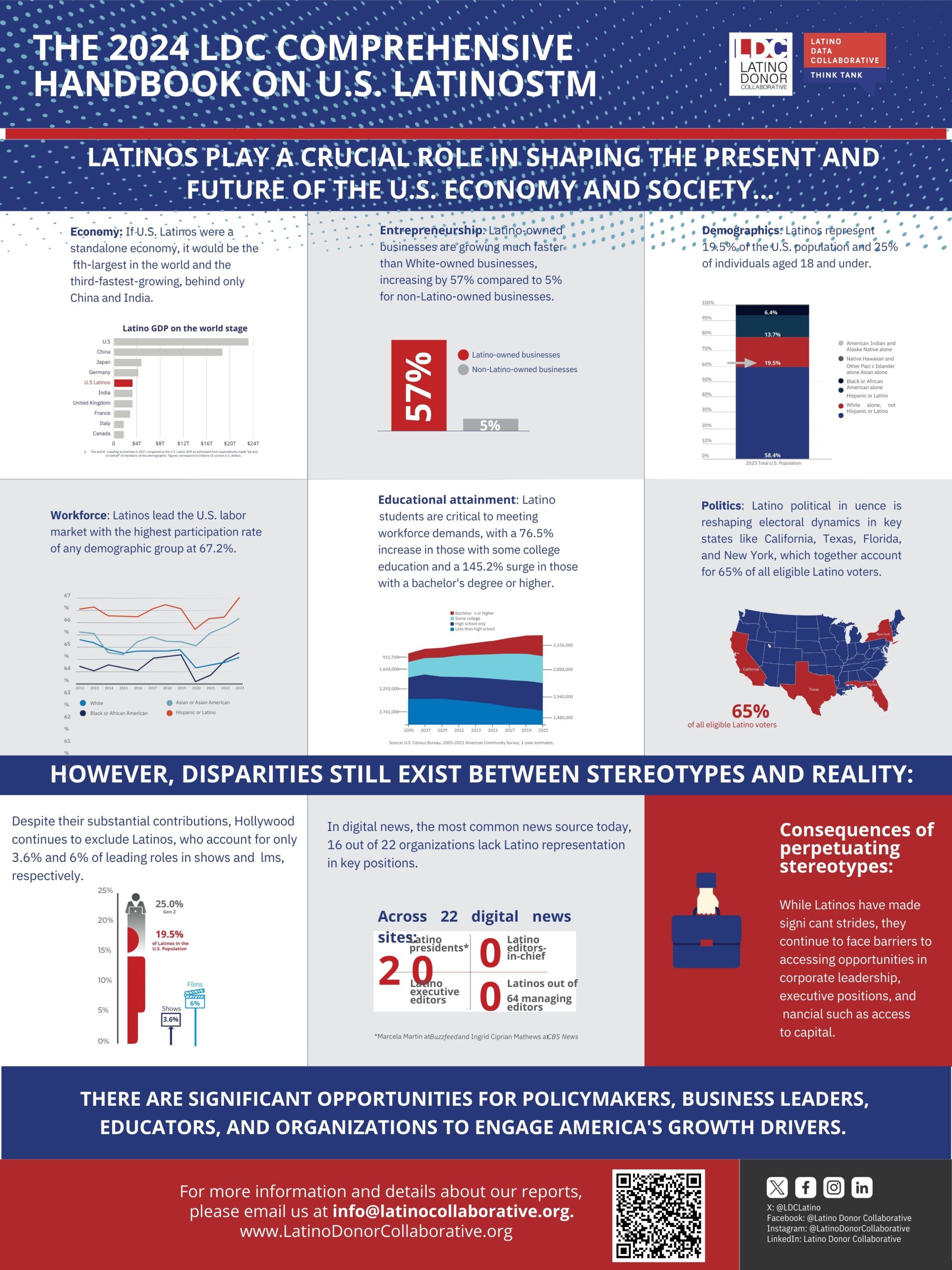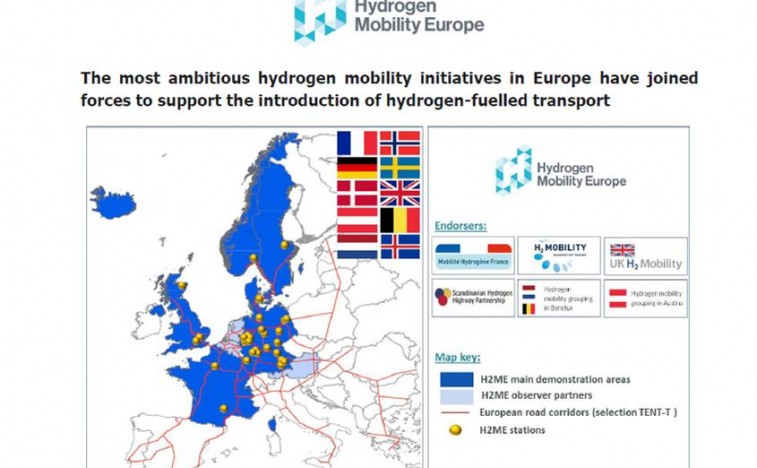Accelerating LDC Graduation: A Comprehensive Guide For Achieving CA

Table of Contents
This comprehensive guide explores the crucial steps and strategies needed to accelerate the graduation of Least Developed Countries (LDCs) from their current classification. We will focus on meeting the Criteria for graduation (CA) and delve into the key challenges and opportunities in achieving this significant milestone for sustainable development. LDC graduation represents a transformative shift towards greater economic prosperity and improved living standards for millions.
Understanding the Criteria for Graduation (CA)
The process of LDC graduation is governed by a set of criteria, known as the Criteria for graduation (CA), established by the United Nations. These criteria assess a country's progress across three key dimensions: economic vulnerability, human assets, and economic diversification. Meeting these criteria is essential for achieving LDC graduation.
Economic Vulnerability
This aspect of the CA assesses a country's susceptibility to economic shocks. Key indicators include:
-
Export Concentration: High reliance on a few export commodities makes an economy vulnerable to price fluctuations. Strategies for improvement include diversification into other sectors like manufacturing, technology, or services. Support from international organizations can facilitate this diversification through trade capacity building programs and market access initiatives.
-
Economic Shocks Susceptibility: This measures the resilience of the economy to external shocks such as climate change, global financial crises, or commodity price volatility. Investing in climate-resilient infrastructure, developing robust social safety nets, and implementing prudent macroeconomic policies are crucial for mitigating these risks. The IMF and World Bank provide crucial support in this area.
-
Impact of Climate Change: LDCs are disproportionately vulnerable to climate change impacts. Investing in climate-smart agriculture, developing early warning systems for extreme weather events, and implementing adaptation measures are critical steps. International climate funds provide valuable financial and technical resources.
Human Assets
Improving human capital is central to LDC graduation. Key indicators include:
-
Nutrition: Improving nutrition levels through initiatives focusing on food security, dietary diversification, and maternal and child health improves human productivity and reduces vulnerability. International organizations like UNICEF offer crucial support in this area.
-
Health: Improved healthcare access, disease prevention programs (including vaccination campaigns), and investment in sanitation infrastructure are crucial. International partnerships are vital for delivering essential healthcare services and medical supplies.
-
Education Enrollment Rates: Increasing access to quality education, particularly for girls, is vital for human development. Improved teacher training, curriculum reform, and access to technology are crucial. UNESCO and other international organizations play a significant role in this process.
-
Adult Literacy: High adult literacy rates correlate with higher productivity and economic growth. Investing in adult education programs and literacy initiatives is crucial for empowering individuals and communities.
Economic Diversification
Overcoming reliance on primary commodities is a critical aspect of LDC graduation. Strategies include:
-
Investment in Technology and Innovation: Investing in research and development, promoting technological innovation, and supporting entrepreneurship are vital for creating higher-value economic activities.
-
Attracting Foreign Direct Investment (FDI): Creating a favorable business environment, improving infrastructure, and reducing bureaucratic barriers are crucial for attracting FDI, which can stimulate economic growth and diversification.
-
Developing a Skilled Workforce: Investing in education and training programs that provide workers with the skills needed for diversified sectors is essential. Technical and vocational education and training (TVET) plays a crucial role here.
Strategic Partnerships and International Cooperation
International cooperation is crucial for accelerating LDC graduation.
Role of International Organizations
The UN, World Bank, IMF, and other development partners offer various forms of support:
-
Financial Aid: Grants and concessional loans can support critical investments in infrastructure, human capital, and economic diversification.
-
Technical Assistance: Expert advice and capacity building programs strengthen institutions and build local expertise.
-
Capacity Building: Training programs equip local professionals with the skills and knowledge needed to manage development projects and implement effective policies.
South-South Cooperation
Knowledge sharing and collaboration among LDCs and other developing countries offer unique benefits:
-
Sharing Best Practices: LDCs can learn from each other’s experiences in overcoming development challenges and implementing successful policies.
-
Mutual Learning: Collaborative projects and knowledge exchanges foster mutual learning and innovation.
Overcoming Challenges and Risks
Several challenges impede LDC graduation.
Structural Barriers
-
Corruption: Good governance reforms, strengthening anti-corruption institutions, and promoting transparency are essential.
-
Weak Governance: Building strong and accountable institutions improves service delivery and resource management.
-
Lack of Infrastructure: Investing in infrastructure, particularly in transportation, energy, and communication, is vital for economic development.
-
Conflict: Conflict resolution and peacebuilding efforts are critical for creating a stable environment conducive to development.
Global Economic Shocks
-
Economic Resilience: Diversifying economic activities and building strong macroeconomic policies enhance resilience to global shocks.
-
Contingency Planning: Developing effective contingency plans and strengthening social safety nets protect vulnerable populations during economic downturns.
Conclusion
Accelerating LDC graduation requires a multifaceted approach. By addressing the Criteria for graduation (CA) and mitigating potential risks, LDCs can achieve sustainable development and improved living standards. This journey requires robust economic policies, significant investment in human capital, strategic partnerships, and effective governance. Achieving LDC graduation is a crucial step towards a more prosperous and resilient future. To learn more about strategies and resources, consult the UN, World Bank, and other relevant organizations. Let's embrace the challenge and contribute to the global effort to support LDC graduation.

Featured Posts
-
 Lotto 6aus49 Ergebnis Vom 19 April 2025 Alle Gewinnzahlen Im Ueberblick
May 07, 2025
Lotto 6aus49 Ergebnis Vom 19 April 2025 Alle Gewinnzahlen Im Ueberblick
May 07, 2025 -
 Assessing Hydrogen And Battery Electric Buses For European Cities
May 07, 2025
Assessing Hydrogen And Battery Electric Buses For European Cities
May 07, 2025 -
 Papal Election A Comprehensive Look At The Conclave Process
May 07, 2025
Papal Election A Comprehensive Look At The Conclave Process
May 07, 2025 -
 Papal Election A Guide To The Conclave Process
May 07, 2025
Papal Election A Guide To The Conclave Process
May 07, 2025 -
 Heat Vs Cavaliers Prediction Game 1 Playoffs Best Bets And Picks
May 07, 2025
Heat Vs Cavaliers Prediction Game 1 Playoffs Best Bets And Picks
May 07, 2025
